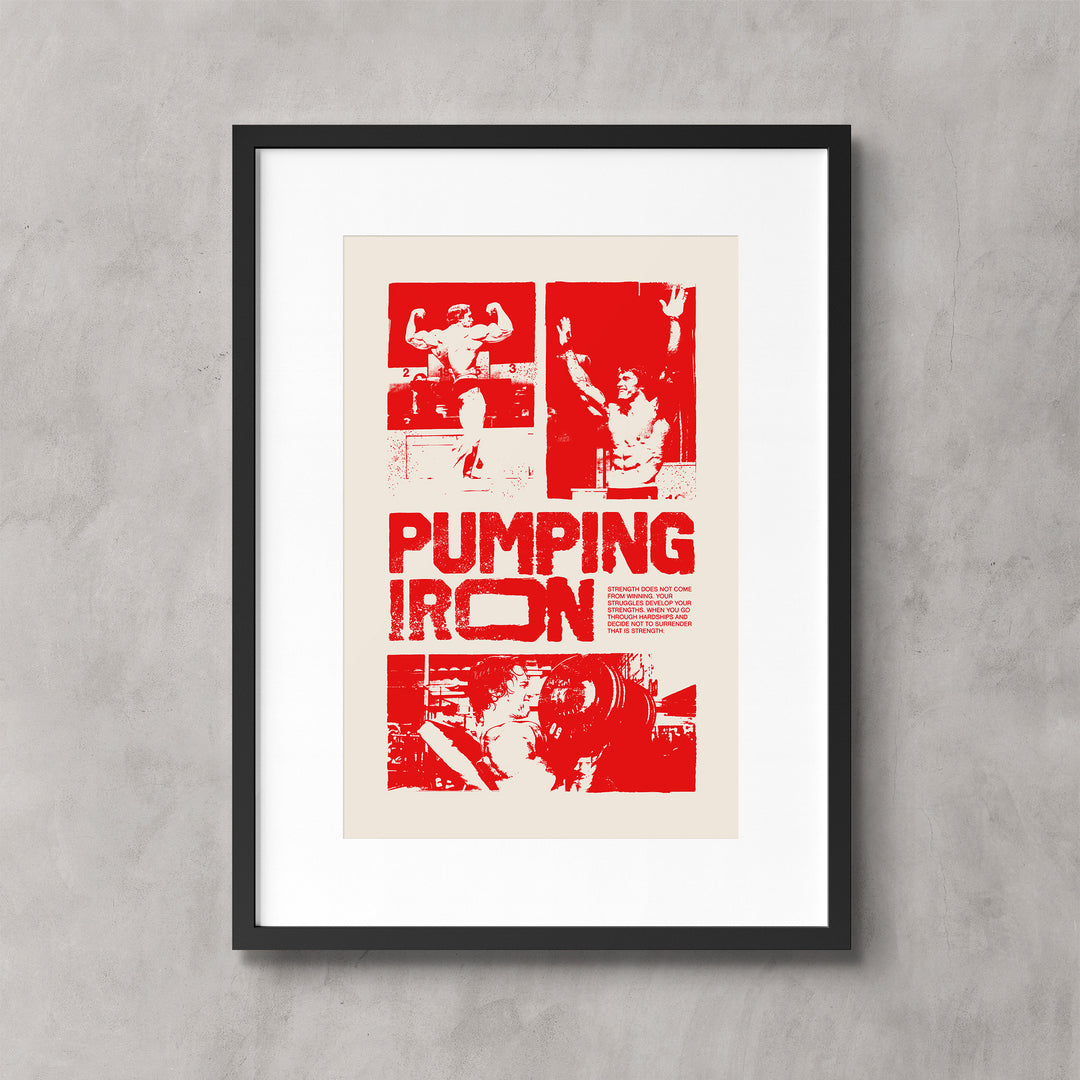Welcome to the positive corner of the internet. Every weekday, we make sense of the confusing world of wellness by analyzing the headlines, simplifying the latest research, and offering quick tips designed to make you healthier in less than 5 minutes. If you were forwarded this message, you can get the free daily email here.
Today’s Health Upgrade
The gut relief diet
Aspirin for your brain?
The 1-rep test
Arnold’s Podcast
Want more stories from Arnold? Every day, Arnold’s Pump Club Podcast opens with a story, perspective, and wisdom from Arnold that you won’t find in the newsletter. And, you’ll hear a recap of the day’s items. You can subscribe on Apple, Spotify, Google, or wherever you listen to podcasts.
The Gut Relief Diet
When your stomach hurts, traditional wisdom suggests that you should eat less until the pain goes away. But a new study suggests that eating more of certain foods could cure severe problems.
Research suggests a Mediterranean-style diet could help relieve IBS symptoms and stomach pain.
In the study, 60 people with IBS were assigned to either their regular diet (the control) or a Mediterranean-style plan built around whole grains, vegetables, fruit, legumes, nuts, olive oil, dairy, and seafood. Interestingly, there was no difference in FODMAP intake, which is oftentimes associated with GI distress.
Those on the Mediterranean plan significantly reduced their abdominal pain, bloating, and gas, and — psychologically — they felt better about their overall diet-related stress.
And this isn’t the first time the Mediterranean diet has been connected to health benefits. Other studies suggest that it can lower your risk of cardiovascular disease, certain types of cancer, and brain degeneration.
That said, it’s not completely clear why this style of eating would reduce the IBS symptoms. And some of the results may be due to the anticipated benefits of the new plan. After all, the placebo effect is real, and because the participants knew they were following a different plan designed to help, it’s possible that contributed to the positive results.
If you want to give the plan a try, a Mediterranean style of eating tends to be popular because it’s not overly restrictive, and therefore, it tends to be easier to maintain.
We went through the study and pulled the exact foods (and the amounts) provided to the participants in the study. This is the amount of food you would eat in an entire week. It’s not a “perfect” list — and you can enjoy other food and options — but you can use this as a shopping list template to improve your eating.
The Mediterranean Style Weekly Shopping List
1 loaf of seeded sourdough bread
750 grams of oats
500 mL of extra virgin olive oil
180 grams of tuna in oil
12 grams of mixed dried herbs
450 grams of almonds
500 grams of peanut butter
250 grams of frozen salmon filets
800 grams of tinned tomatoes
800 grams of tinned chickpeas
400 grams of tinned 4-bean mix
1 onion
180 grams of mixed salad leaves
500 grams of frozen mixed berries
1,000 grams of Greek yogurt
Aspirin For Your Brain?
Yesterday, we discussed how resistance training doesn’t just strengthen your body — it also helps protect your brain from disease. But what about certain over-the-counter medications?
A recent study analyzed more than 120,000 people and found that aspirin does not help prevent Alzheimer’s or dementia.
For decades, some have suggested that daily aspirin can offer protective health benefits. That’s because some sepculate that there’s a connection between inflammation and development of brain-related diseases, and aspirin and other non-steroidal anti-inflammatory medications (NSAIDs) could be a good preventative measure.
So, scientists reviewed the data of 22 studies ranging from three to fifteen years in duration, including three randomized controlled trials. The researchers didn’t see significant protection against neurodegenerative diseases.
The exception could be that for any NSAID to have a real impact, it might need to be taken for an extremely long time, which presents other potential risks. One study speculated that you’d need to take aspirin for a minimum of ten years for it to have protected effects potentially, and even then it’s still an unknown. And other studies suggest that you might need to take a much higher dose than what is typically prescribed to get an effect.
If you want to protect your brain, your best bet is to be physically active (including resistance training, maintain a healthy weight, keep your blood pressure and blood sugar low, don’t smoke, limit alcohol, eat enough fiber, and prioritize sleep.
The 1-Rep Test
Has your fitness progress hit a plateau? Here’s a method we learned from Arnold that can push you to become better.
No matter what you do in any given workout, the goal of the next workout is to do one more rep.
At some point, you throw out the rules, the rest periods, and all the other details and focus on a simple reality: you will see results when you progress from one workout to the next. And doing one more rep is the simplest place to start.
There are many ways to apply the “1 more rep” mindset, but the goal of each workout is an improvement. First, you need to show up. Then you need to improve.
That’s it.
You don’t need to PR. You don’t need to try new exercises. You don’t even need to feel like you had a great workout. But you do need to show up, know what you accomplished last time, and then find some way — any way — to improve.
Regardless of the workout, this mindset alone will lead to many small improvements that compound interest. Each small improvement will lead to a bigger, better result.
Just as important, it builds a mindset focused on improvement. Too often, we become obsessed with how much weight we can lift or the design of a program. But the road to success is paved with consistency and progress. One rep alone might not seem like much.
But one rep repeated across three workouts is three extra reps per week. And three extra reps every week for 52 weeks is 156 reps.
Even if you were just lifting 5 pounds (and never increasing the weight, which isn’t what would likely happen), you’ve lifted nearly 800 extra pounds.
And if you don’t think lifting that much extra will lead to more results, you’re underestimating how your body works. The plateau-buster you need is an approach that focuses on getting 1-rep better with each workout. You can worry about the tactical details later as you push past what you previously accomplished. Start with one more rep, and the rest will take care of itself.
—
Publisher: Arnold Schwarzenegger
Editors-in-chief: Adam Bornstein and Daniel Ketchell






















